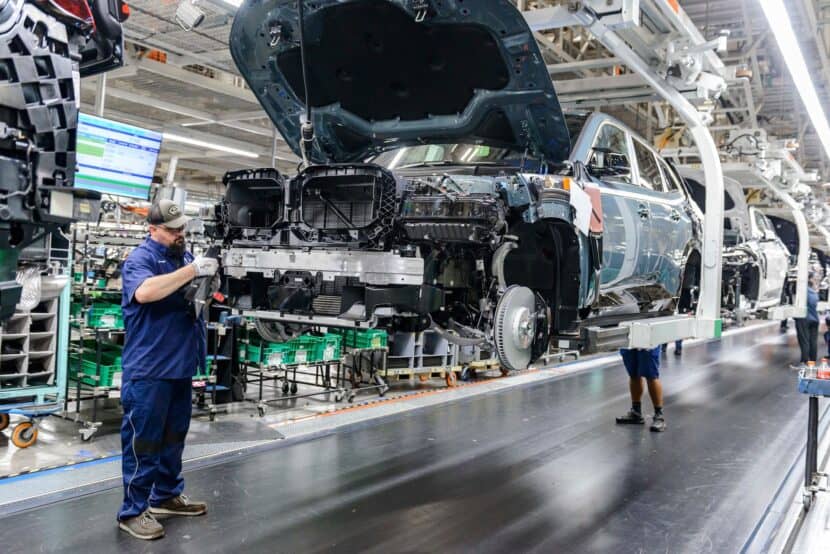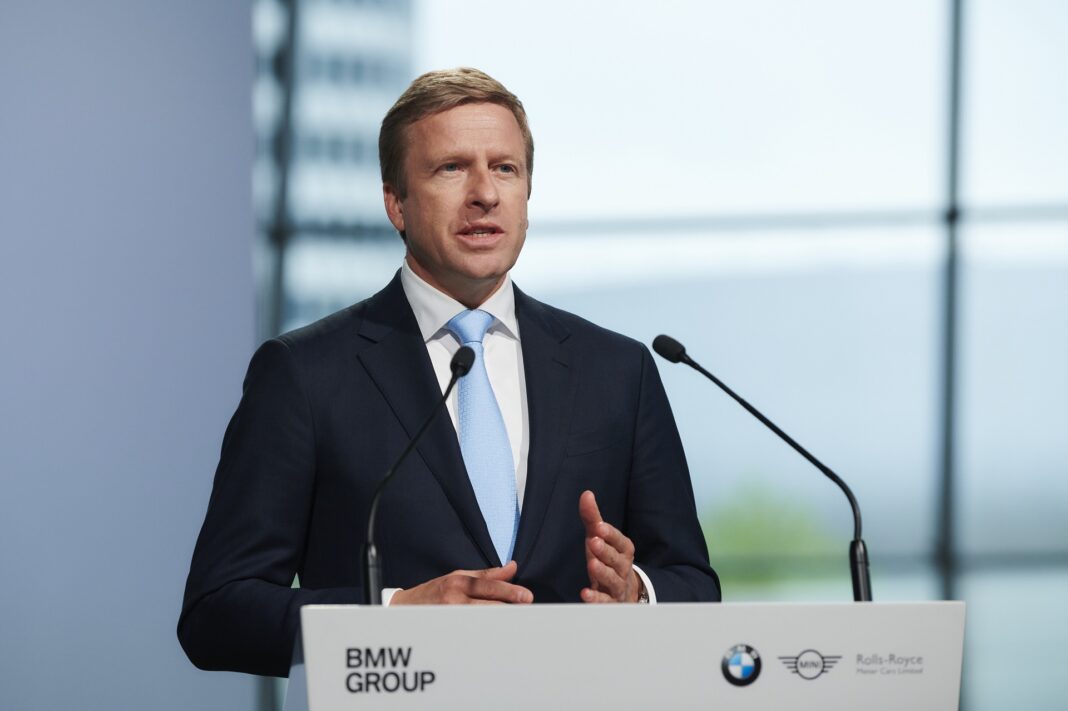BMW is bracing for a turbulent year, but its leadership is signaling optimism. CEO Oliver Zipse says the company expects a reduction in U.S. auto tariffs by July, despite reporting a sharp 25% drop in first-quarter profits. The prediction comes amid heightened global trade tensions and steep competition in the electric vehicle market—especially in China. Zipse believes the Trump administration’s 25% tariffs on imported cars could soon be rolled back as the U.S. government pursues rapid-fire trade negotiations with key partners. “In trade conflicts, nobody wins,” he said. “All sides should avoid a spiral of isolation and trade barriers.” He called for a return to “zero-zero” tariff deals, particularly between the U.S., Canada, and Mexico.
BMW, which recorded €3.1 billion in profit in Q1 2025—down from €4.1 billion the previous year—attributes part of its decline to tariffs and broader macroeconomic pressures. The company said new duties from the EU on Chinese-built EVs alone cost it over €100 million in the first quarter. Total tariff-related costs across the U.S., EU, and China could hit €1 billion by year’s end. Still, BMW’s financial leadership remains confident. CFO Walter Mertl said BMW’s extensive lobbying and deep-rooted ties in Washington are yielding results. “We are noticing that things are moving, developing, and being negotiated,” he noted, expressing cautious optimism for policy shifts in July.

BMW’s U.S. footprint strengthens its case. The company’s Spartanburg plant in South Carolina is the largest automotive exporter from the U.S. by value and supports over 43,000 jobs. That economic contribution, Zipse argues, makes BMW hard to ignore in trade policy discussions. Unlike rivals such as Mercedes-Benz, Ford, and Stellantis—which have withdrawn their 2025 guidance due to policy uncertainty—BMW is holding firm. The Munich-based carmaker reiterated its full-year forecast, targeting a 5–7% operating margin for its automotive segment and flat pre-tax earnings compared to 2024.
However, BMW faces headwinds in China—its largest single market—where sales fell 17% year-over-year, even as sales in Europe and the U.S. rose by 6% and 4%, respectively. Competition in the Asian EV space is heating up with new and established brands chipping away market share. Despite these challenges, BMW’s battery electric vehicle sales rose 32% globally, underscoring the brand’s continued EV momentum.

